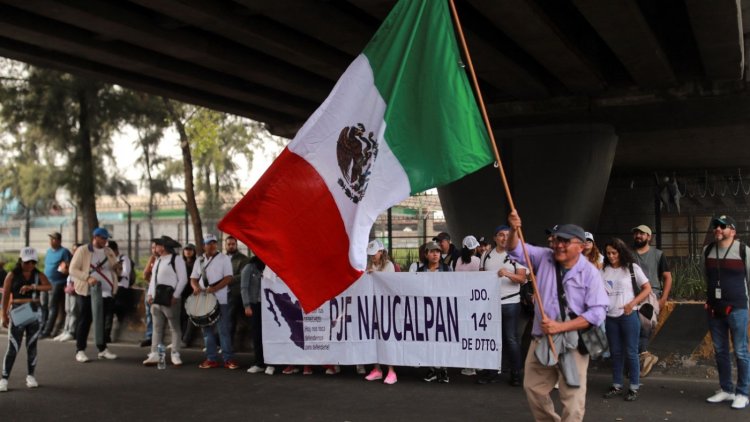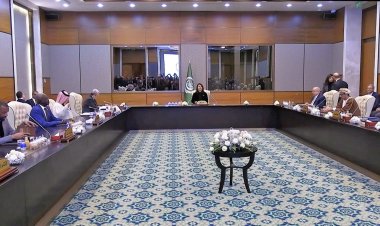Mexico's Congress Debates Judicial Reform Amid Protests

Mexico's lower house of Congress launched into a debate on a controversial judicial reform despite a rare, last-ditch work stoppage by Supreme Court judges in protest.
Outside Congress, workers from the justice system and students protested by blocking the roads and preventing lawmakers from reaching the venue.
As a result, Mexico's lower house of Congress began the debate on the judicial reform which has strained relations with the United States and sparked market volatility, in a nearby gym.
By a majority of eight votes to three, the judges of the Supreme Court decided to join a work stoppage that has seen thousands of judicial workers go on strike, the court said in a statement.
Mexico's lower house of Congress began the debate on judicial reform, which has strained relations with the United States and sparked market volatility.
The backbone of the constitutional reform, proposed by outgoing President Andres Manuel Lopez Obrador, calls for the election by popular vote of more than 7,000 judges and magistrates, including the Supreme Court. It is expected to sail through with Congress' approval where the ruling Morena party enjoys a majority in both chambers.
Lopez Obrador has argued the reform is necessary to hold judges accountable and reduce corruption.
The proposal is expected to sail through with Congress' approval where the ruling Morena party enjoys a majority in both chambers.
The reform, supported by President-elect Claudia Sheinbaum, Lopez Obrador's protégé, proposes reducing the number of Supreme Court judges to nine from 11, reducing their terms to 12 years and cutting required work experience by half to qualify for ministerial positions.
Lopez Obrador has argued the reform is necessary to hold judges accountable and reduce corruption.
Critics, however, have said the reform will not impact prosecutors, police and public ministries, which they blame as the real culprits of impunity and corruption.















